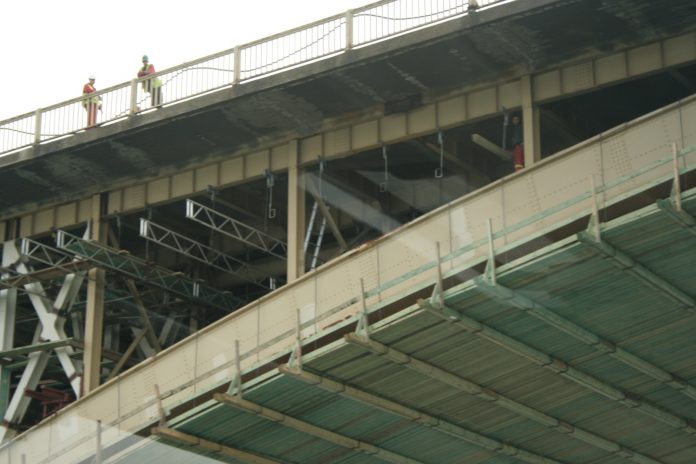Hungary needs more hands to keep its economy booming. But filling vacancies is proving a tough job with ongoing massive emigration and a closed door to immigration.
Since taking office in 2010, Prime Minister Viktor Orban has conducted an intensive industrialisation policy. “We are naturally glad when companies build plants here, it helps the Hungarian economy but… investments closer to our heart are those done by Hungarians,” he said in March during the official opening of a new Hungarian-owned factory in the country’s east.
As reported by Deutsche Welle (DW), Germany’s international broadcaster, little has changed since Orban took office despite promises for “the continued pursuit of full employment – which is now well within reach, and which I think is achievable”.
The latest government statistics put unemployment at 3.8% between December 2017 and February 2018. With a labour market of 4.6 million people, around 279,000 people were looking for work.
According to DW, the government has repeatedly raised the minimum wage in the past three years – by 8% in 2018 alone – while general wages have also risen steadily since 2015. The trend will continue at the pace of a 12-13% rise yearly, according to Laszlo Parragh, head of the Hungarian Chamber of Commerce and Industry, in a recent interview with the newspaper Magyar Idok.
According to various sources cited by DW, up to 500,000 Hungarians are working outside their homeland. This is about 10% of Hungary’s total workforce.
But while the country is now struggling to find people for jobs in all sectors – from cleaning to nursing, from industry to agriculture, from bus drivers to web developers, salaries are higher in Germany and the Netherlands.
According to DW, ethnic Hungarians from Romania, Serbia or Ukraine started arriving some time ago, but many of them took Hungarian passports in order to be able to move with ease elsewhere in the EU.

